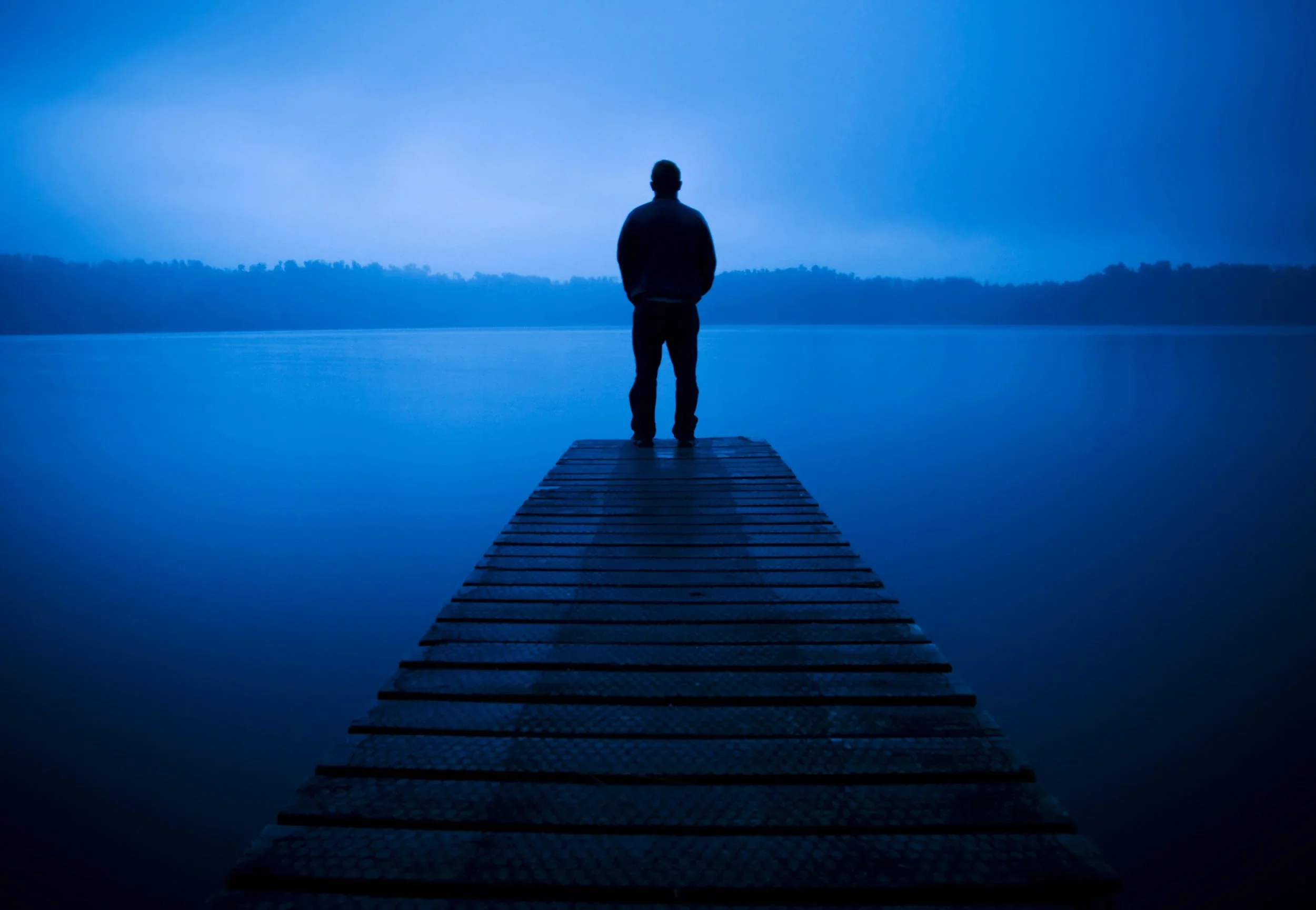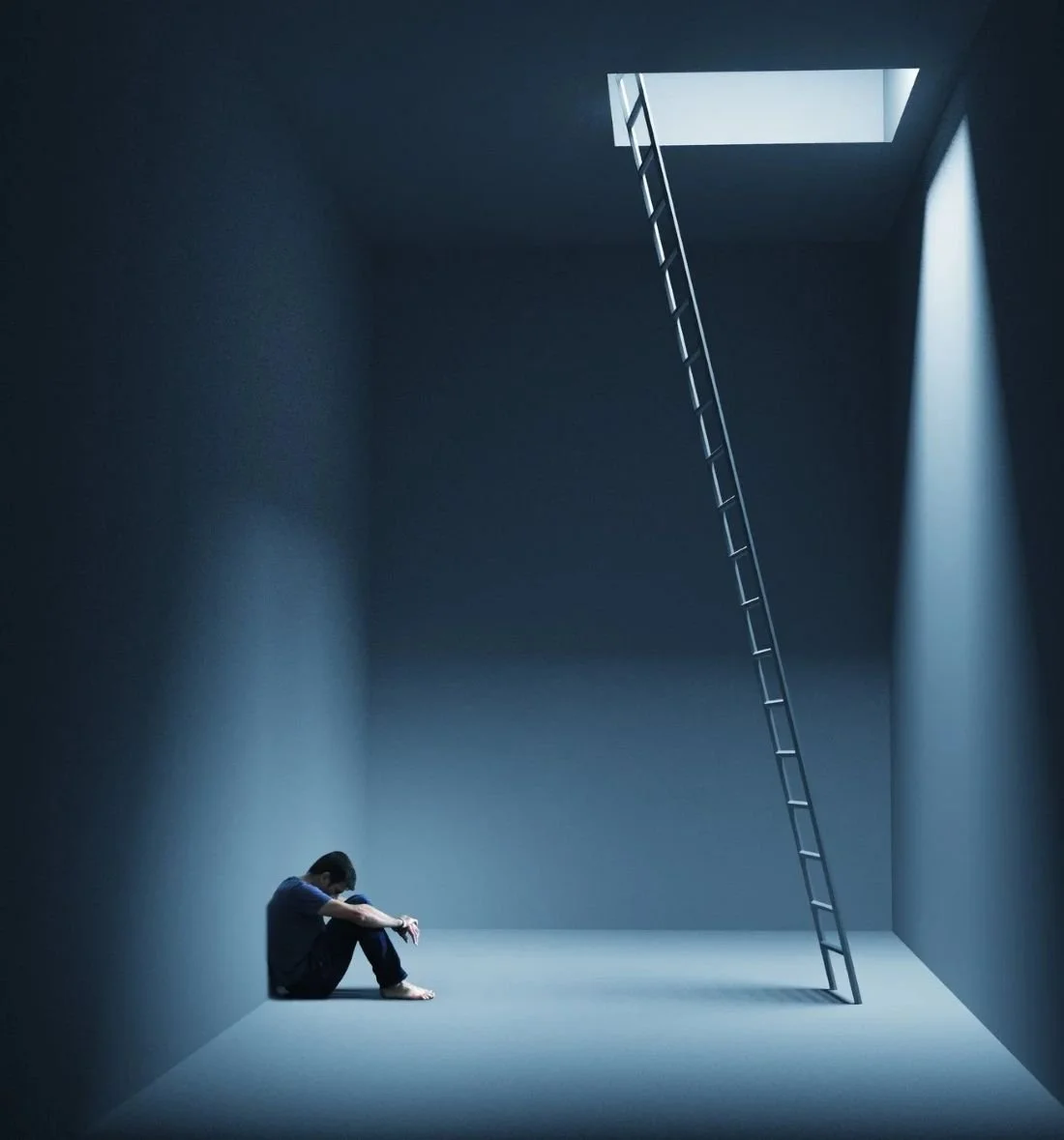
Therapy for Depression
THERAPY FOR DEPRESSION
If you find yourself struggling with an inability to function like you normally do because of lack of energy, brain fog, and/or difficulty focusing, you may be struggling with depression. Depression is primarily characterized by a persistent low mood, loss of interest, and pleasure in activities, but also presents other symptoms, such as sleep disruption, that interfere with daily life. Everyone experiences sadness and low moods from time to time, but clinical depression is something much greater. Depression is often misunderstood as simply feeling sad or low. However, the reality is that depression severely hinders our ability to function daily. Furthermore, a lack of education and/or misinformation leads people struggling with depression to be excessively negative towards themselves, believing simply that they’re lazy and don’t care.
WHAT ARE SYMPTOMS OF DEPRESSION?
Depression is one of the most, if not the single most, common forms of mental health illness. Having extreme despair or sadness that lasts for more than a few days is usually an indicator that one is experiencing depression. Also, despite being very treatable, it’s not uncommon for individuals to forgo treatment due to stigma. Individuals with depression often describe a “weight” as if they’re Sisyphus pushing a large boulder uphill. They feel lethargic, struggle to stay engaged, and deal with negative thought patterns such as worthlessness and shame over their difficulties functioning. They may also notice significant changes in sleep patterns and weight/appetite. One aspect of depression that’s rarely discussed is an intense internal pain that’s often present. At severe levels of depression, individuals begin to contemplate taking their own life as a means of ending this pain.
WHAT CAUSES DEPRESSION?
While various triggers can cause an episode of depression, there isn’t always a singular cause. Sometimes depression is the result of genetics and an imbalance of chemicals in the brain. However, stressful life events increase the likelihood that one will experience depression. These can include loss, trauma, negative thoughts and beliefs, financial stressors, and poor social support. Depression can also happen because of other mental health disorders, such as ADHD, Bipolar Disorder, and PTSD. It’s important to note that depression is complex and can result from any combination of triggers. It’s also important to understand that depression does not happen because one is “weak” or “lazy.” On the contrary, those with depression must utilize more effort than normal simply to get through their day.
CAN COUNSELING AND THERAPY HELP?
Like other mental health disorders, untreated depression can profoundly impact someone’s life. The good news is that depression is very treatable. In therapy and counseling we’ll discuss your symptoms, root causes, negative thinking patterns, and decide the best course forward for your mental health. We’ll work on your ability to cope with depression and develop your confidence in your ability to manage your symptoms. If you feel counseling is right for you, don’t hesitate to reach out and schedule an appointment.



